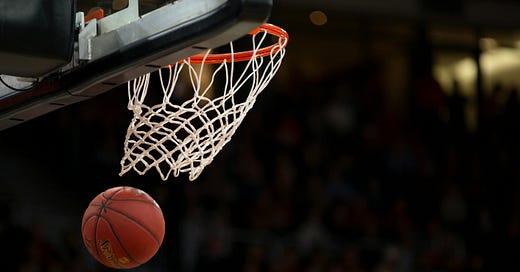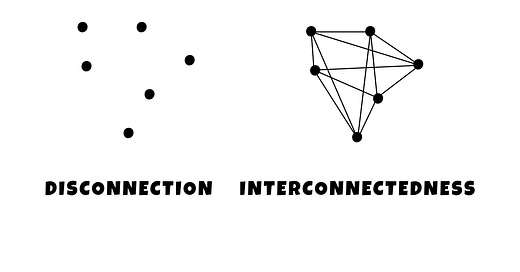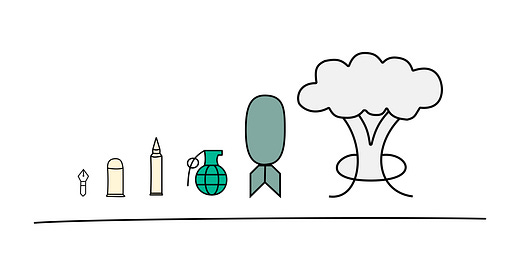
Read time: 4 minutes.
Success is often celebrated as the ultimate validation of talent and hard work. But what if your greatest achievement is also your greatest blind spot?
Before you let your victories define your strategy, ask yourself: is success the best teacher?
The success you take pride in could cloud your judgment, pushing you to repeat decisions that were shaped more by luck than skill. This might be hard for you to believe but this is the perils of champion bias—a seductive trap that leads you to overestimate your control over outcomes, ignore external factors and fall victim to overconfidence.
People tend to understate what they’re good at and overstate what they’re bad at. We’ve all been in a scenario where someone ‘high up’ says something that makes you internally go, ‘What the fuck are you on about, mate?’
We tend to believe that because we are good at X we must also be good at A, B, C, D, E, F and so on. History is full of examples of people who were highly successful in one area and assume they’ll be great in another, especially if the two look closely related. Take Michael Jordan, for example, who believed he could be an amazing baseball player because he was one of the greatest basketball players ever. They might look the same (sport, played with hands, in stadiums etc) but they are not. They are chalk and cheese.
And let’s not mention his acting career!
We do this with people too. We believe more in people’s abilities or something someone says because they are deemed successful. So how can we avoid this pitfall?
Here are a few strategies that can help you avoid Champion Bias:
1. Invert
Charlie Munger was infamous for turning any problem upside down. Instead of asking, “How can I gain X,” he would advise us to ask, “How can I guarantee I won’t get X.” It’s far easier to avoid stupid mistakes than it is to make a brilliant decision.
2. Ask Why, a Lot
Asking ‘why’ has a multitude of benefits in general, but when you take an assumption you have, such as “I’m one of the greatest basketball players ever-therefore I can use that skill to be great at baseball,” you should be able to reduce your argument down to the fact that you think you will be great again because you are great at something else.
This works great on other people as well. Asking someone to explain what they mean may seem rude or anti-authoritarian but if you work in an environment where the people you question make you feel like that, it’s probably not a great place to work anyway.
3. Adjust for Luck
People don’t like to think of luck because it’s abstract. It’s hard to quantify and predict, but luck is all around us every day. If you disregard luck and attach skill to everything you do, then one day, you’re likely to blow up. Ask yourself, “Can this be repeated, and how much did luck play in the outcome.”
4. Don’t Ignore Contradictory Evidence
If something worked once, you become blind to evidence that suggests a different strategy might be better for future situations. You trust your own past too much. Just like Charles Darwin, you should be explicitly looking for disconfirming evidence. This is how knowledge grows.
Recap
Individually, Champion Bias works by causing people to attribute their own or others’ success solely to personal abilities, decisions, or virtues, while discounting the role of external factors like timing, luck, or help from others. When someone achieves success, they (or those around them) tend to believe that it’s all due to their brilliance, hard work, or strategy. This can lead to overconfidence and an inflated sense of control over future outcomes.
It takes 20 years to build a reputation and five minutes to ruin it. If you think about that, you'll do things differently.
- Warren Buffett
Until next time, Karl (The School of Knowledge).
Whenever you’re ready
The School of Knowledge helps entrepreneurs and professionals convert worldly wisdom from books into actionable insights📚💡
Consider joining our growing community of like-minded life-long learners.
Photo by Markus Spiske: https://www.pexels.com/photo/basketball-hoop-in-basketball-court-1752757/
















Nice article. Thanks for sharing, Karl :)